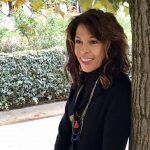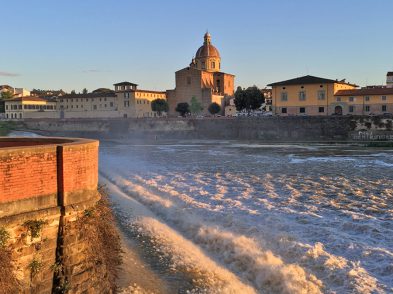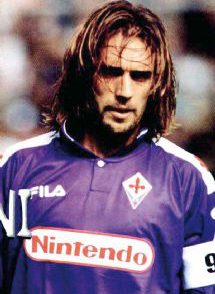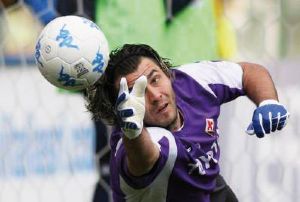When David Joseph Yacus was 12 years old, he was introduced to the trombone at his grammar school in Nantucket, Massachusetts. Even though he was initially attracted to the saxophone, he chose the trombone. At the time, he certainly didn’t realize that his choice would lead him to become a professional musician and live in Florence.
After obtaining a bachelor’s degree in music at the New England Conservatory, he was admitted to the Julliard School in New York. One day, Zubin Mehta, the principal conductor for Florence’s orchestra, the Maggio Musicale Fiorentino, organized an informal audition in New York to fill a position for a trombonist. An initial audition was held in Florence, but the position wasn’t awarded to anyone. David tried out for Mehta and was awarded a temporary contract effective immediately, thus prompting David to leave Julliard before completing his master’s.
David moved to Florence to work for the Maggio Musicale Fiorentino for seven months. After a short hiatus to the United States, he returned to Florence and started his three-year contract in January 1991. While working in Florence, he developed his passion for ‘early music.’ Early music encompasses music written before 1750 from the Medieval, Renaissance and Baroque periods by composers like Claudio Monteverdi, Guillaume Dufay and Giovanni Gabrieli.
Much of this music is still unknown with many scores still being discovered every day. Once a piece of music is found, much research must be done to find out which instruments were used and how many musicians were needed to play it. A concert of early music can have anywhere from a couple of musicians to an entire orchestra. For these concerts, musicians generally play the instruments of that period, which are handmade by artisans who replicate them. David plays an ancient trombone called the ‘sackbut’ for his performances.
After David discovered that early music is the musical language in which he can express himself best, he decided to not renew his contract at Maggio Musicale and instead chose to concentrate on his new passion. David finds great joy in taking early music scores and bringing them back to life. Many people have never been exposed to early music since most orchestras today play music from 19th and 20th centuries, but David hopes that they will have the opportunity to be exposed to early music and appreciate it.
Not only did David find his passion for early music in Florence, but he also found love. While the Teatro Comunale, where Maggio Musicale Fiorentino is based, was closed for repairs, the orchestra moved to Teatro Verdi near Santa Croce. David often went to Vivoli, an ice cream shop located behind the theatre, with his colleagues for coffee. There, he met one of Vivoli’s ice cream makers, Tamara, who later became his wife.
David enjoys working as a freelance musician, collaborating in many different ensembles throughout Europe. He has even recorded albums with a variety of international musicians. When he’s not performing, he teaches music and classical trombone at a conservatory in La Spezia. Recently, he participated in a film made by Cantar Lontano (www.cantarlontano.com/cantar-lontano-film.html) about early music.
Living in Italy these past 19 years, David says, has taught him to take things as they come. His path to Florence, albeit not planned, has allowed him to not only have a successful career as a freelance musician, but also to find his true passion, early music.








